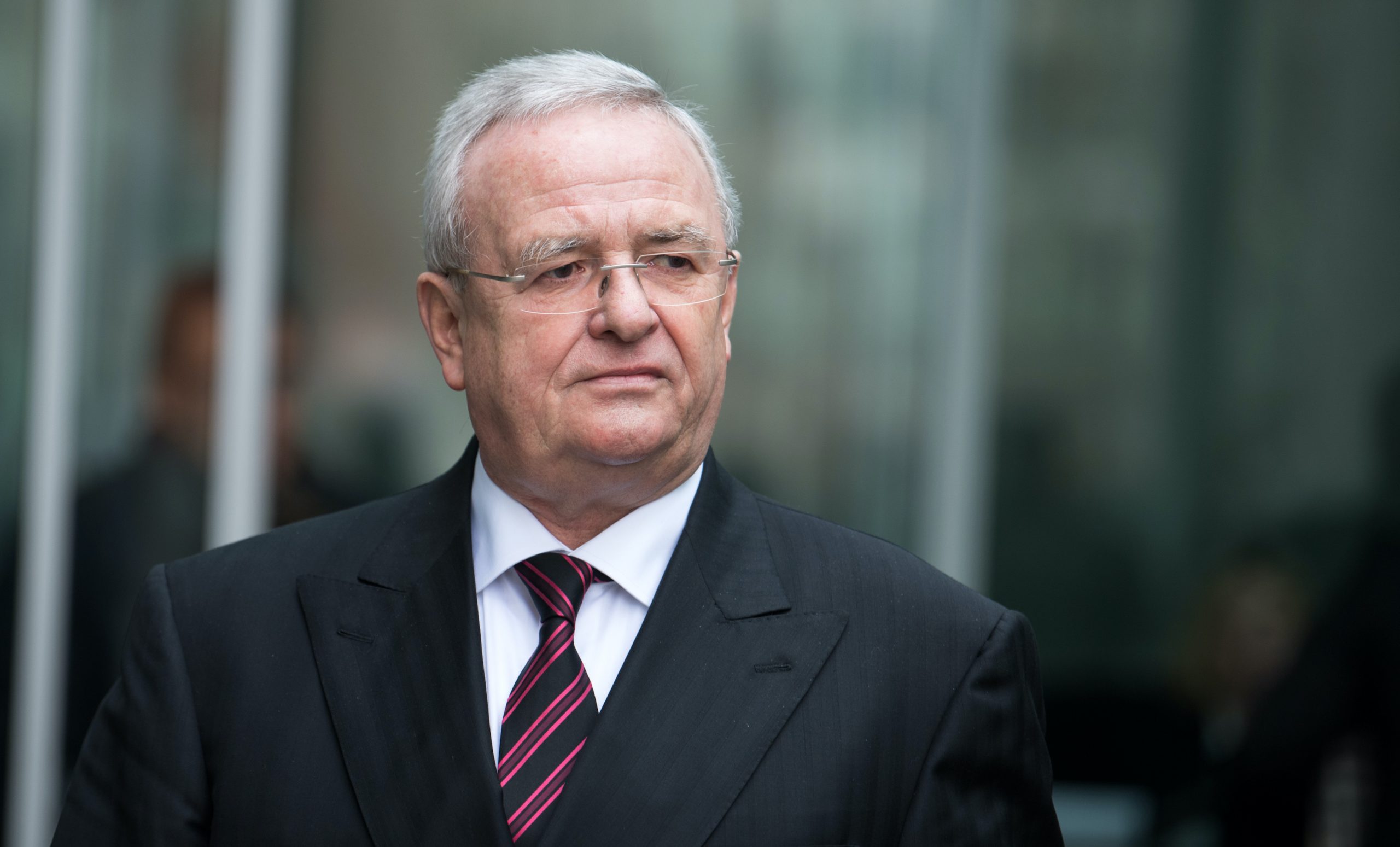- Former Volkswagen CEO Martin Winterkorn may get to keep $12 million in bonuses sought in regards to charges of fraud, embezzlement, and violating competition law brought on by German prosecutors in April 2019, as a German judge is having doubts about the allegations.
- The charges are related to Volkswagen’s diesel-emissions scandal, which news of broke during Winterkorn’s time as CEO. Winterkorn resigned as CEO soon after the news came out.
- Business Insider talked with people involved in the trial and viewed letters from the judge to the public prosecutor’s office, in which the court says the allegations are “not effective” or have “insufficient cause.”
- Visit Business Insider’s homepage for more stories.
The ongoing case against former Volkswagen boss Martin Winterkorn, who stepped down as CEO in 2015 and was charged with fraud, embezzlement, and violating competition law last year amid the company’s years-long diesel emissions-cheating scandal, could come to a surprise end.
Winterkorn may be able to keep $12 million in bonus money that prosecutors sought to confiscate.
After news of Volkswagen’s scandal regarding its emissions-cheating software broke in 2015, German prosecutors charged the former CEO and four other Volkswagen managers with fraud, embezzlement, and violating competition law in April 2019.
Bloomberg reported at the time that Winterkorn’s charges carried a potential sentence of up 10 years and the forfeiture of roughly $12 million in bonuses, and the Verge wrote that Winterkorn was accused of knowing about the emissions cheating as early as 2014 but not informing regulators or customers about it. Winterkorn’s bonuses weren’t the only ones in focus, as Bloomberg wrote that prosecutors also sought bonus money from the other involved managers.
But according to letters from a regional court in Braunschweig, Germany, the judge presiding over the case is having massive doubts about the charges, suggesting that Winterkorn could keep his $12 million and potentially walk away without a sentence.
Business Insider talked to people involved in the trial and read letters from the judge to the public prosecutor's office firsthand. In the letters, the court says the allegations are "not effective" or have "insufficient cause."
Who knew what, and when

The indictment states: "The accused Dr. Winterkorn, as Chairman of the Board of Management of VW AG, knew about the use of the illegal software in the USA at the latest in May 2014. He knew about its use in European engines at the latest in September, 2015.
"Although he was aware that the vehicles were wrongfully advertised with special environmental features, he deliberately did not stop further marketing of the vehicle."
According to the letters, the court considers the charge of criminal advertising to be unfounded, since there is no confidence-protecting effect for customers in the United States in commercial criminal law.
With regard to the fraud allegation that Winterkorn allowed illegal diesel to be sold or produced in Europe even after the scandal became known, the court states that "according to the current assessment, this is not a suitable object to which ... a criminal liability of the accused Winterkorn can be attached."
In terms of the money, the judge found no direct link between the diesel fraud and bonus payments given to the board members. Thus, the collection of over $12 million demanded by the public prosecutor's office is off the table and Winterkorn is likely to keep his bonus.
Observers close to the matter consider the intensity of the current legal discussions to be unusual and unpredictable. Even a rejection of the charges against Winterkorn has not been ruled out. In this case, however, the public prosecutor's office could move the case to the Higher Regional Court.
Other parties involved believe that the court is trying to simplify the extensive and highly complex proceedings by adopting a meticulous and lengthy approach.
Winterkorn resigned in September 2015 after US authorities accused Volkswagen of using illegal software to deliberately manipulate its cars to meet emissions standards during testing, saying upon his resignation that he was "stunned that misconduct on such a scale was possible in the Volkswagen Group" and he was "not aware of any wrongdoing" on his part.
The software helped decrease emissions when the car detected it was undergoing testing, but would otherwise continue to pollute at amounts that were over the legal limit.
The Braunschweig action is one of many ongoing legal cases against Winterkorn and other leading figures involved in the Dieselgate scandal.
